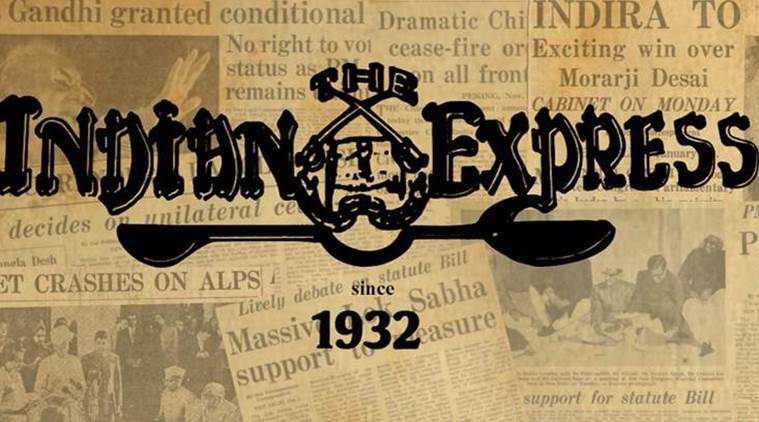 The time is also opportune for a larger debate on accountability mechanisms such as oversight of the Indian central bank by lawmakers on the lines of the US Federal Reserve and a fiscal council for the government.
The time is also opportune for a larger debate on accountability mechanisms such as oversight of the Indian central bank by lawmakers on the lines of the US Federal Reserve and a fiscal council for the government.
At a time when the NDA government and the RBI are struggling to resolve India’s bad loan mess, the RBI governor, Urjit Patel, and the chief economic advisor (CEA), Arvind Subramanian, seems to have got into an ungainly war of words. Patel sought to counter the government’s criticism of the RBI on its perceived supervisory and regulatory failures saying the central bank was hamstrung when it comes to PSU banks because of inadequate legal powers to supervise and regulate them. On Monday, Subramanian said the “independence (of the central bank) is not acquired through the law but a large part is acquired through reputation and the history of good and effective decision-making. When you say a central bank has credibility, it gets credibility not just because it’s independent… After all, if you are independent and make a series of bad decisions, you lose credibility”. Their remarks appear to reflect a divide that exists between the fiscal and monetary arms of the government. If differences between the finance ministry and the government have widened, both should shoulder the blame. The government was late in responding to the crisis in the banking sector: The government waited for three years to announce the Rs 2.11-lakh crore recapitalisation package and other measures and the delayed the appointment of CEOs of many PSU banks. It has also been slow on governance reforms too. Equally, the RBI cannot absolve itself of supervisory failures, especially its oversight of banks.
It is tempting to view these conflicts as a battle of egos, but the issue goes beyond that. For, there is a structural issue — the dominance of the government in India’s banking landscape and ownership of banks — which in many ways is at the root of this conflict. That the RBI is engaged in multiple functions, including being a merchant banker to the government rather than being a micro prudential regulator with a single mandate, adds to the problem.
Relationships between successive governors and finance ministers over the last decade have been testy. At the current juncture, the overriding objective of both parties should be to clean up bank balance sheets and ensure greater professionalism in state-owned banks and to fortify them so that they are well-positioned to lend when there is an upturn. There are also near-term considerations, among them the challenge of ensuring that the government’s borrowing programme runs smoothly at a time when interest rates are rising.
That’s why it is important for the PMO to step in and end the sparring between the finance ministry and the RBI. These two bodies need to coordinate better. The time is also opportune for a larger debate on accountability mechanisms such as oversight of the Indian central bank by lawmakers on the lines of the US Federal Reserve and a fiscal council for the government.